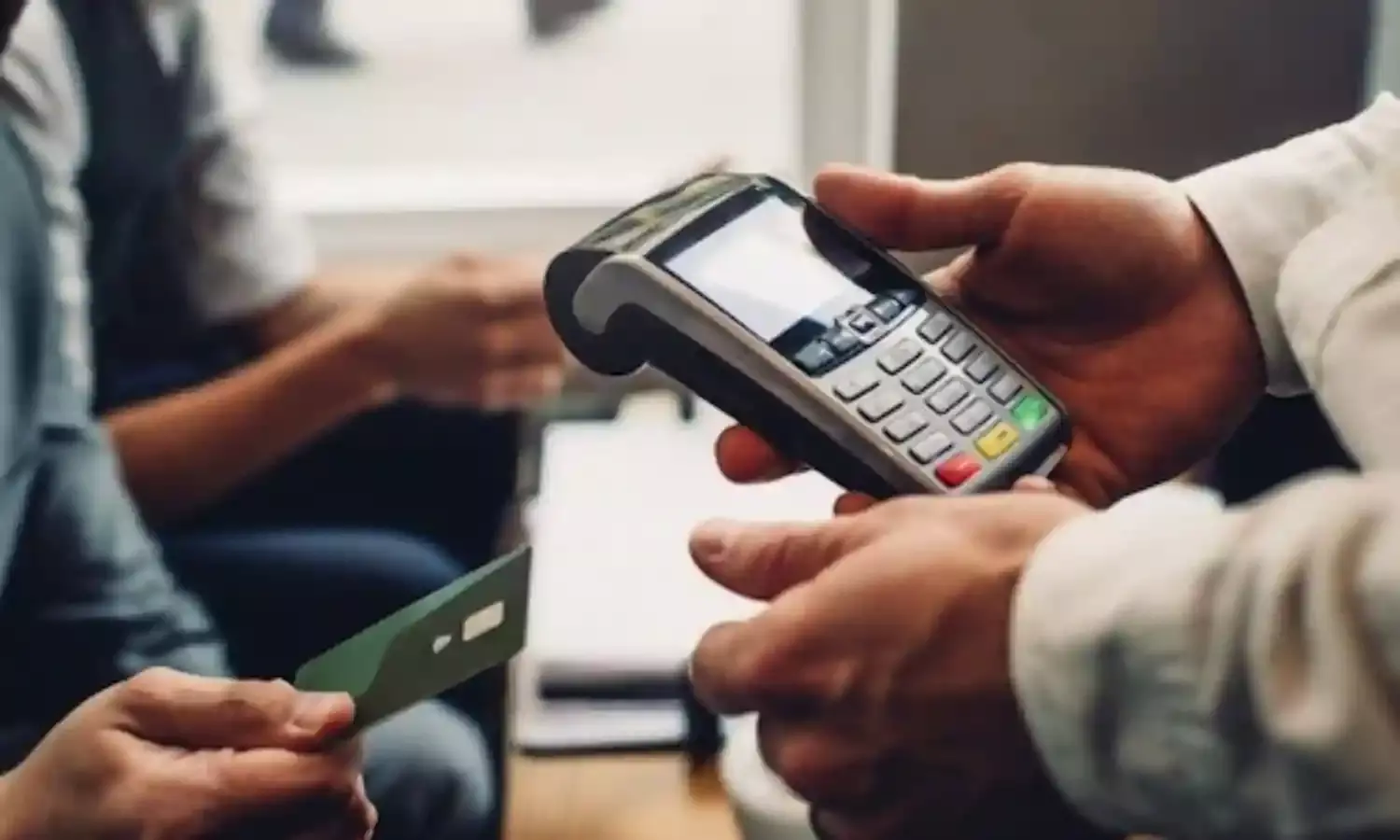Shocking Incident with a POS Lady in Aba
POS means Point of Sales. The main equipment for carrying out a Point of Sales transaction is a customer’s ATM card and a POS machine. POS machine is the hardware and software that enables businesses receive money from their clients or customers. It is where you ring up customers. When customers check out online, walk […]
;
POS means Point of Sales. The main equipment for carrying out a Point of Sales transaction is a customer’s ATM card and a POS machine. POS machine is the hardware and software that enables businesses receive money from their clients or customers. It is where you ring up customers. When customers check out online, walk up to your counter or pick out an item from your stand or booth and pay, they are at the point of sale.
It is like a spot where customers make the payment for goods or services that are offered by the company. It is technically a system in a retail store from which you conduct the sale of physical goods. In a store, a POS is where the checkout happens, orders are processed and bills are paid and enables the business transaction between the client and the company to be completed. POS system is a computerized network that consists of the main computer linked with several checkout terminals and supported by different hardware features starting from barcode scanners and ending with card payment terminals.
It consists of a display unit to show the billing, a keyboard/touchscreen device to select products and enter data, a Barcode scanner to scan billed objects, a Printer to print the receipt, a cash register for storage of cash obtained during sales and a software interface to complete the process.
Businesses, both retail and wholesale, adapting the POS system will increase positive returns. POS aids doing better analytical thinking and planning, increases business efficiency and enhances personal client communication efficiency. Choosing the right point of sale (POS) system is vital for small businesses. With the right point of sale system, small businesses can manage and control business expenses with greater proficiency, have a better understanding of what products sell best and then refine their stock accordingly, track product results and performance and engage customers and prospective customers with loyalty rewards.
Point of Sales business in Nigerian emerged from 2007 and 2008, they were mostly seen in big establishments like eateries, malls, fuel stations and various international companies.
With the rate of insecurity attached to moving with cash in the country and great difficulty in withdrawing from bank ATMs, most people began to approach retail stores with POS to make cash withdrawals. After some time, charges were added to that.
Few years later, people began to channel into pure POS business. Meaning, establishing a business with POS machines mainly focusing of making withdrawals for clients and helping them deposit to other accounts with charges. In 2016, the business took to the streets in major cities.
The foremost difficulty in establishing a POS business is obtaining the machine from banks after meeting certain compulsory requirements. The next is tackling the insecurity of handling cash. Most POS outlets are usually much secured to prevent theft or burglary. Another issue is curtailing theft within the staff.
The POS lady in Aba in Abia State made a transaction for a customer, shoppers who went to buy in Araria market. They needed 1500 from her and she carried out the transaction. In the receipt, it was written 1500. The customers waited for debit but didn’t get any so they left after paying her 100 naira physical cash as charge.
The customers were on their way home when they received a debit alert from their bank, lo and behold, the debit stated 1600 instead of 1500. They wondered how she did it. When they took to social media to complain, people commented that they have also been defrauded in that manner especially in Aba or Onitsha.
Anything can happen in Aba!

